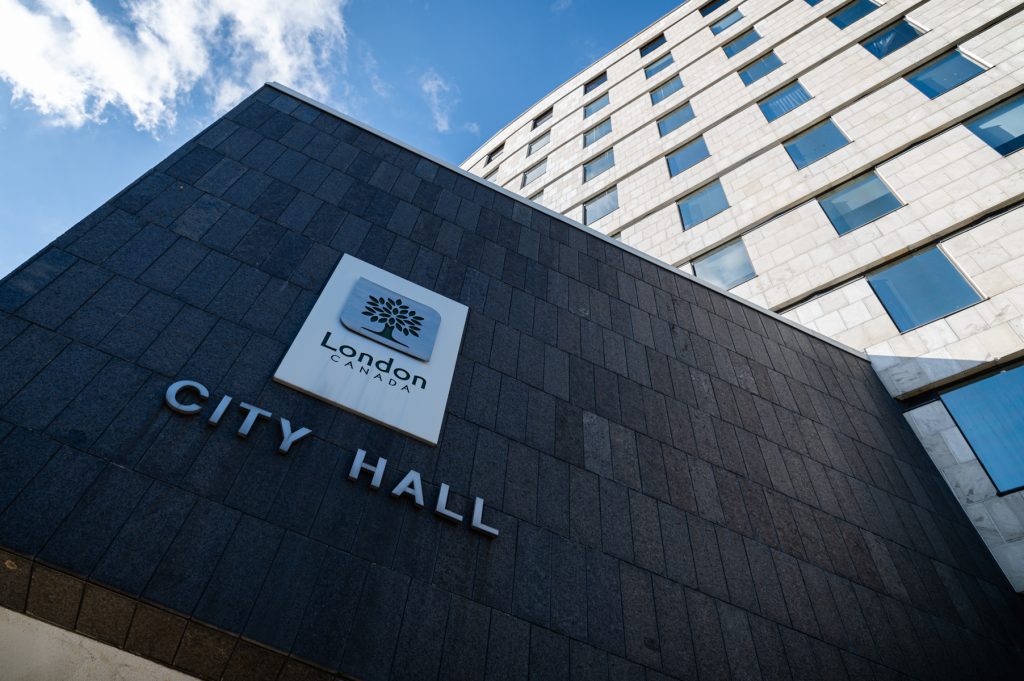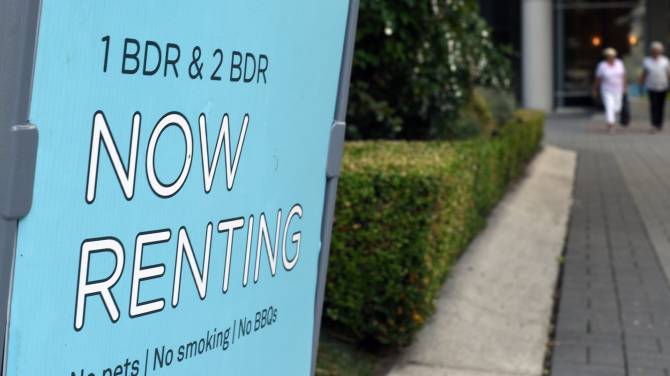London, Ontario, is getting closer to a law that would restrict or prevent dishonest use of N13 notices, commonly known as renovictions.
An N13 notice is used by landlords to let tenants know that significant renovations are needed in their units and they have to move out.
Though some N13s are genuine, some landlords have been accused of misusing the notice to force current tenants out so they can raise the rent.
At a Monday meeting of the city council’s community and protective services committee, councillors unanimously decided to receive a report from city staff outlining potential solutions to renovictions in London.
The report states that a potential by-law would not aim to stop necessary maintenance and upgrades to the existing rental housing stock.
Its goal would be to help protect tenants from dishonest renovictions, which result in displacing people and worsening the housing affordability crisis.
The report proposes considering a renoviction and relocation bylaw similar to a proposal in Hamilton, where landlords issuing an N13 notice must obtain a renovation license from the municipality for $715 per unit.
Additionally, the landlord must prove that the unit needs to be vacant for the renovation to be done safely, and tenants can choose to return to their apartment after the work is completed. If they opt to do so, the landlord must arrange a comparable unit for them for the duration of the renovation.
Ward 6 Coun. Sam Trosow praised the report and suggested expediting the bylaw by replicating Hamilton’s.
“To me, except for changing the words Hamilton and London… this bylaw is good to go,” Trosow commented.
“The reality on the ground is that tenants need this relief. I don’t want to delay this three months because so much good work has been done.”
However, staff cautioned against simply copying the bylaw word for word from Hamilton.
“Hamilton plans to hire eight full-time staff to implement their bylaw, including three licensing staff, three bylaw officers, a solicitor, and a housing clerk,” said Orest Katolyk, the city’s chief municipal law enforcement officer.
“Adopting the Hamilton model not only affects municipal compliance services, but it also impacts Mr. Dickens’s service area and legal services because we will see additional property standard appeals arising from this.”
Katolyk recommended following the standard procedure for bylaws, such as holding public participation meetings on proposed bylaws.
Ward 13 Coun. David Ferreira supported the idea of not directly copying the bylaw.
“A Hamilton bylaw may not be suitable for the City of London in terms of the fees, resources, and individuals involved in the industry,” Ferreira explained.
“This is why we have this motion here… we want staff to investigate these aspects and talk to the various stakeholders available so we can have something that fits London very well.”
Ward 12 Coun. Elizabeth Peloza stated that, in order to create the right bylaw, staff needs sufficient time to work on it rather than a timeline set by the council.
Peloza, who is also the committee chair, said there will definitely be people looking to challenge the new law in court.
I never want London to rush and not do thorough research, potentially causing harm to the work of advocacy groups.
The committee instructed staff to provide a report on a renoviction bylaw, including the costs for enforcement and fees, by the end of June. A public meeting will take place when the bylaw is introduced.





